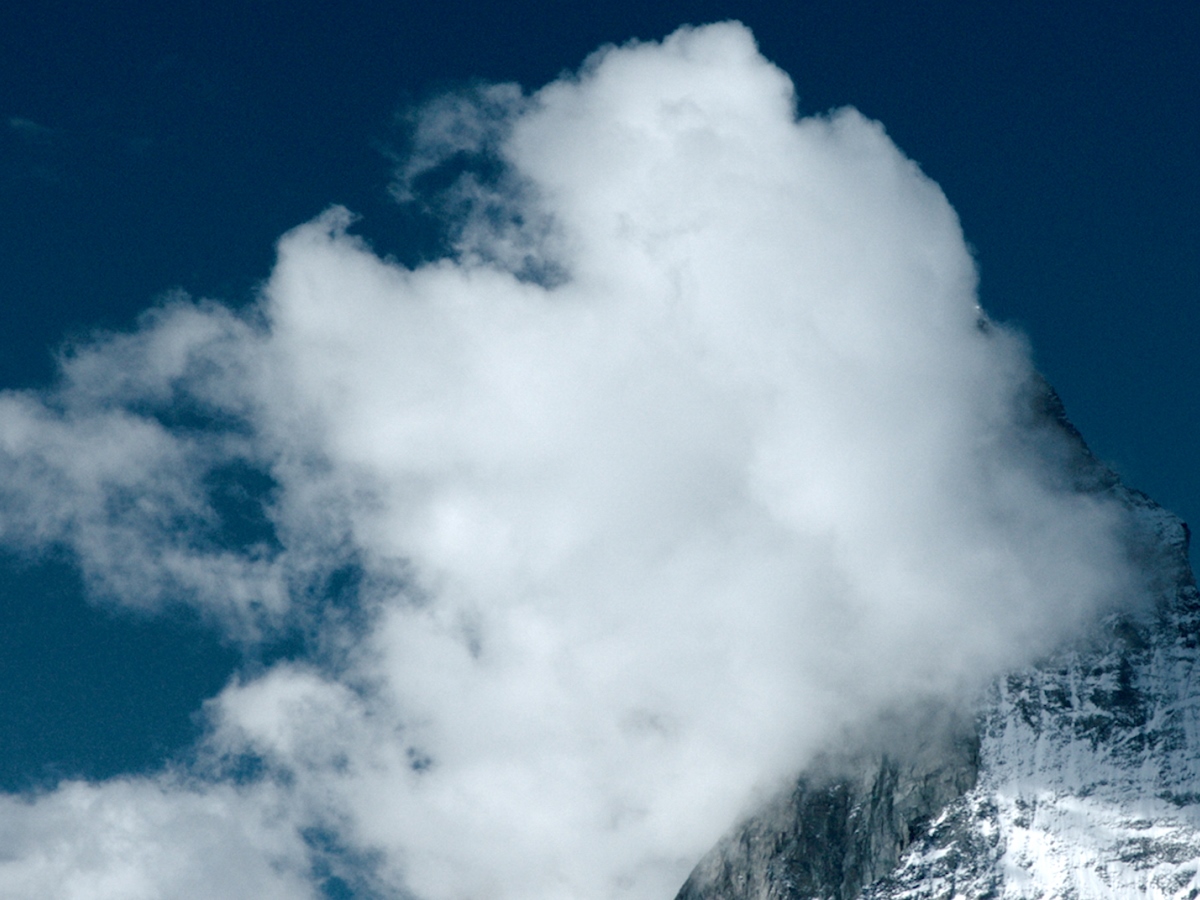Luxury Swiss skincare company La Prairie is helping to preserve glaciers by providing support to the Section of Glaciology at a top European university.
ETH Zurich (Eidgenössische Technische Hochschule / Swiss Federal Institute of Technology) is a university dedicated to science and technology, established in 1855. It has a student body of 22,400 individuals from over 120 countries, a teaching staff of 530 and 21 Nobel Prize laureates among its alumni, including the late Albert Einstein.
La Prairie has chosen to support glacier related research at ETH Zurich by donating funds to the ETH Foundation to better protect the landscapes and rich natural resources of Switzerland, where the brand originated. The glaciers of the Swiss Alps are particularly impacted by climate change as they are witness to the effects of global temperature increases.
The immediate impact in Switzerland itself includes melting and receding of these ice masses at an alarming rate.
“We are very honoured to support ETH with this donation. Their pioneering work in the field of climate studies, glaciology and environmental conservation is in line with La Prairie’s overarching value of Swissness – a value centred on excellence and innovation – and its heritage of applying scientific advancements to the preservation of natural beauty,” said Patrick Rasquinet, La Prairie Chief Executive Officer.
“We firmly believe that it is essential to support and encourage academics working in the field of environmental research in order to protect not only the natural beauty of La Prairie’s birthplace, but ‘to preserve its resources for generations to come.”

ETH Glaciology Section Head Professor Daniel Farinotti said that by studying the fundamental mechanisms of glacier motion and with glacier modelling, the Glaciology Section’s research contributed to a better understanding of the environment, and the changes it is experiencing.
“This knowledge is not only essential to quantify and understand ongoing changes, but also to design and plan strategies for mitigating and adapting to changes yet to come,” he said.
“The world is changing incredibly fast, and there is no single doubt about it. It is up to us, now, to decide how large the change is going to be in the end, and how our planet will look like when we leave it.”

